According to Balazs Orban, Hungary's EU presidency is a good opportunity to act, which is why PM Viktor Orban's visit to Kyiv, and then to Moscow, was important. He recalled that there is a terrible war in Hungary's neighborhood, but this is not the first war in world history, so we must try to observe it objectively. Whenever there's no clear winner or loser, the conflict is always settled through negotiation, first with a ceasefire and then with a long and bitter series of diplomatic talks, he said.
During both of his negotiations, Hungary's prime minister proposed a time-bound ceasefire, similar to the position of US presidential candidate Donald Trump.
PM Orban wanted to find out what the warring sides and the leaders of the major countries thought. As the EU's President-in-Office, he intends to send reports on his visits to the leaders of member states because European voters have the right to know who is serious about peace and who is just talking about it, Balazs Orban said.
The Hungarian government believes that, in many aspects, Europe is in a position where it must take action, PM Orban's policy chief explained. Firstly, in this conflict, everyone is looking after their own interests, and while the continent has nothing to gain from this war, it has plenty to lose. Secondly, the US presidential candidate who currently seems to be the front-runner is openly campaigning on the promise of peace, while it is unclear how long the currently pro-war US Democrats will maintain their stance, and when they might steer their foreign policy in a different direction.
Therefore, if Europe does not take steps toward peace, once Russia and Ukraine end the war, peace will be concluded without taking into account the interests of Europe and the continent, he stressed. During Hungary's EU presidency, PM Viktor Orban considers it his responsibility that the community takes action and actively initiates, because apparently, the current state of stagnation and the repeated slogans are not leading anywhere politically, militarily, or diplomatically, he added.
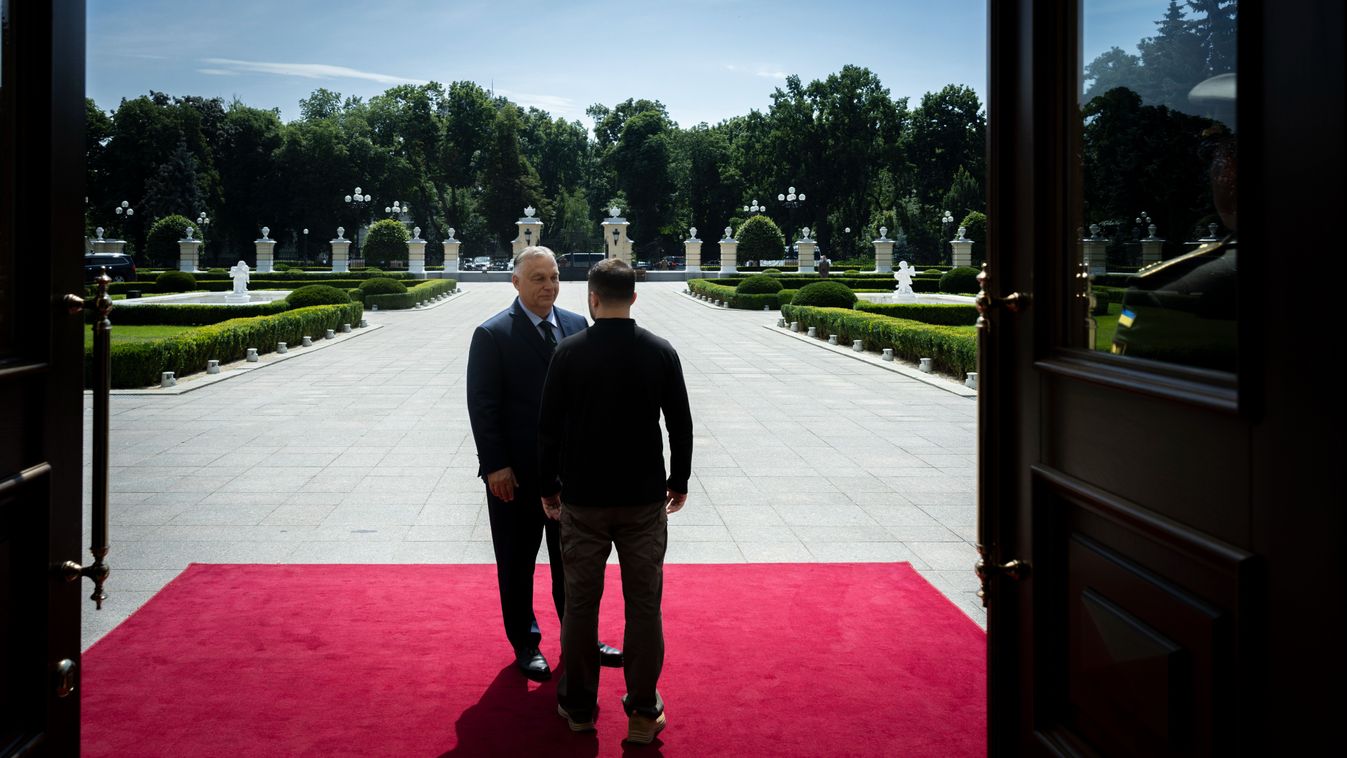
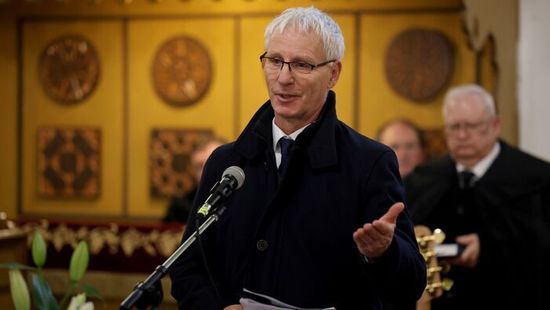
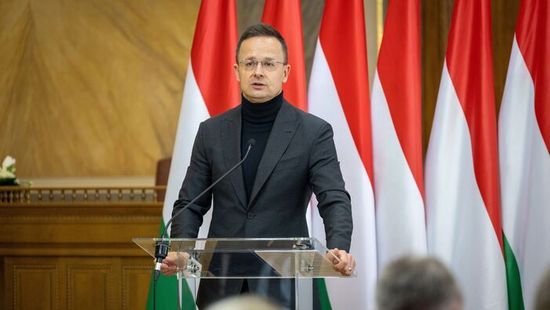
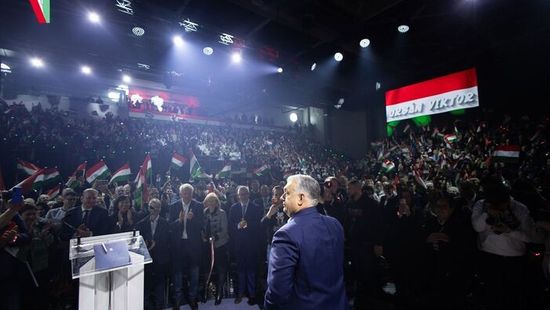
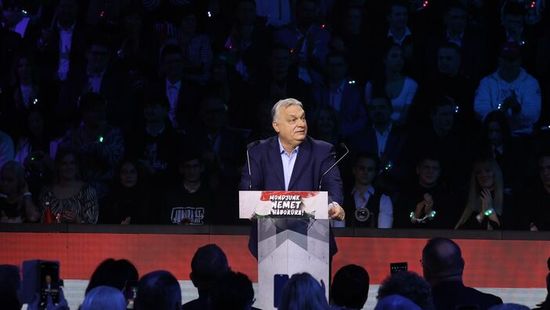

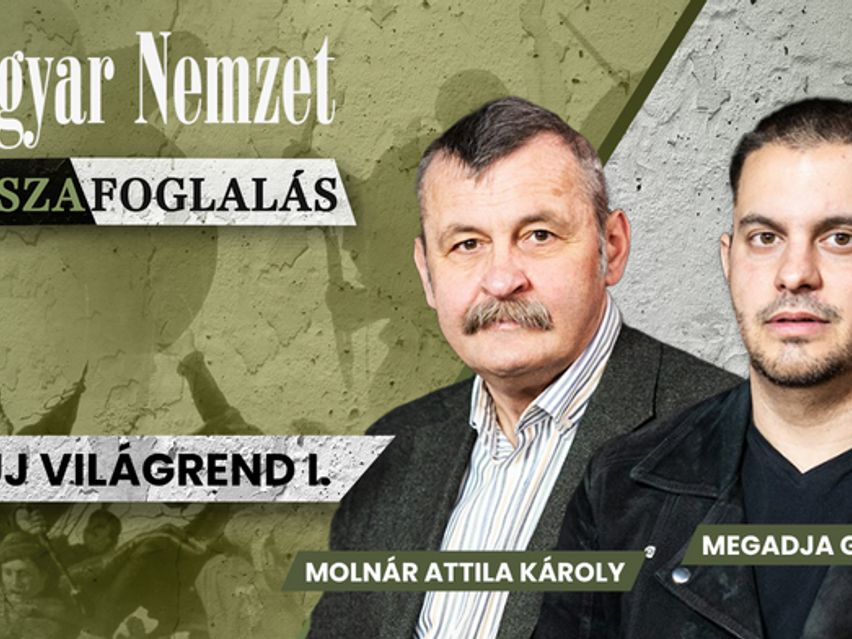

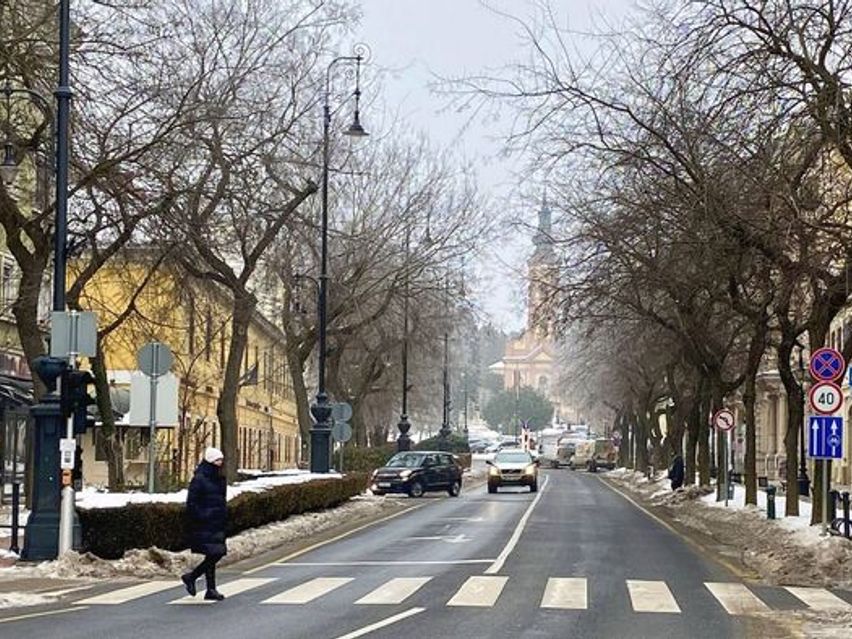
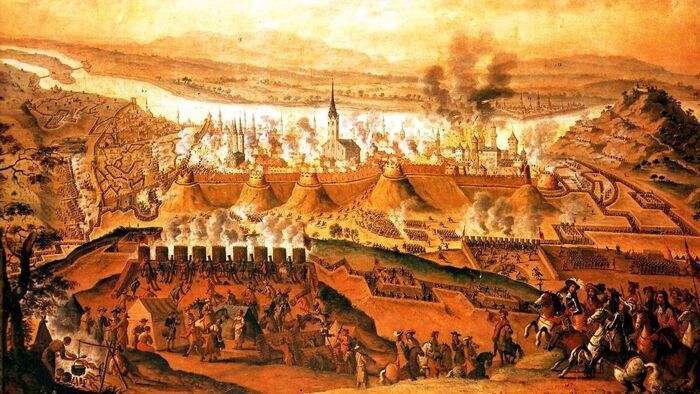

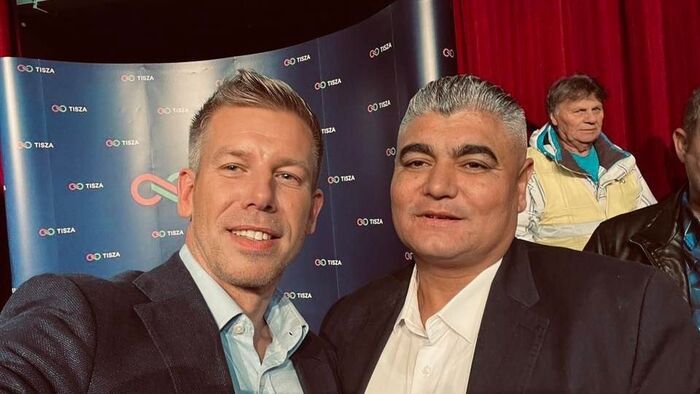
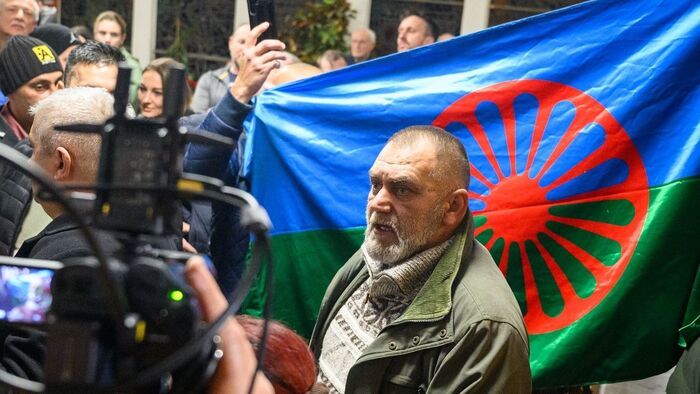
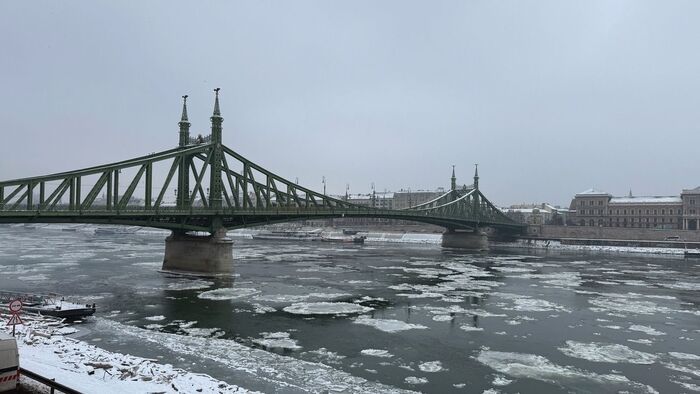

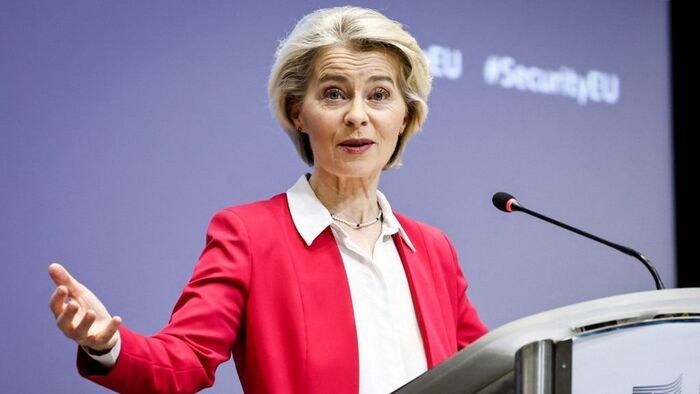
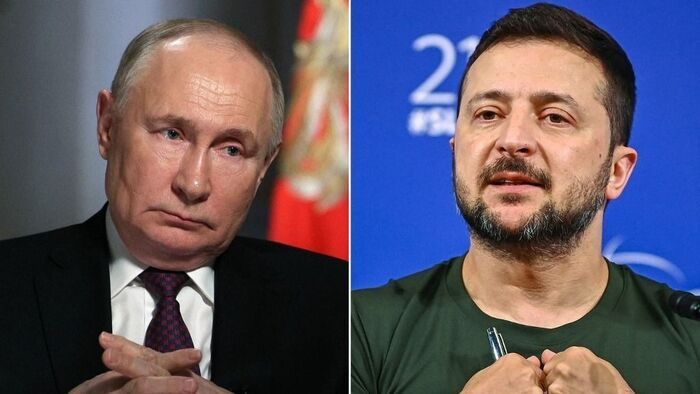
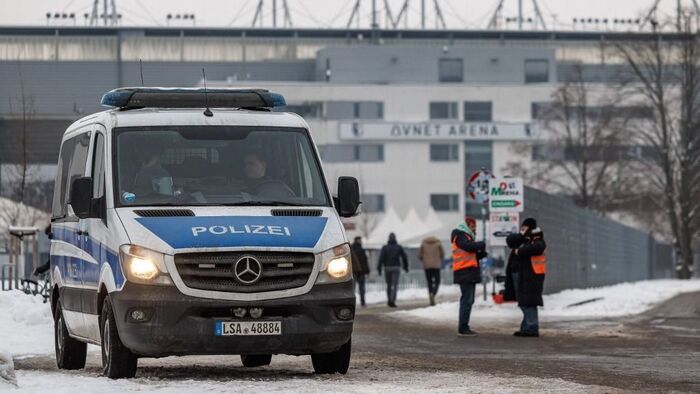
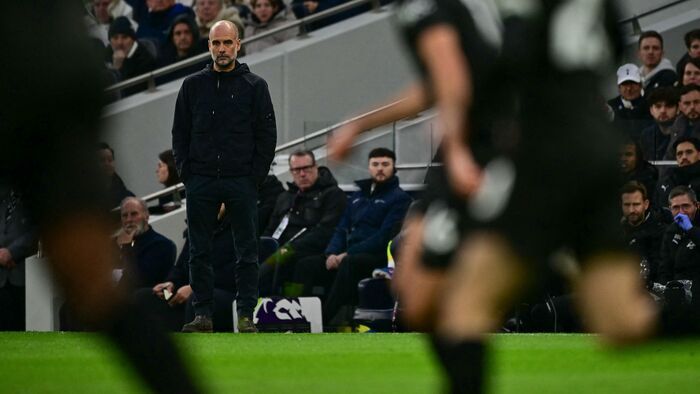



Szóljon hozzá!
Jelenleg csak a hozzászólások egy kis részét látja. Hozzászóláshoz és a további kommentek megtekintéséhez lépjen be, vagy regisztráljon!